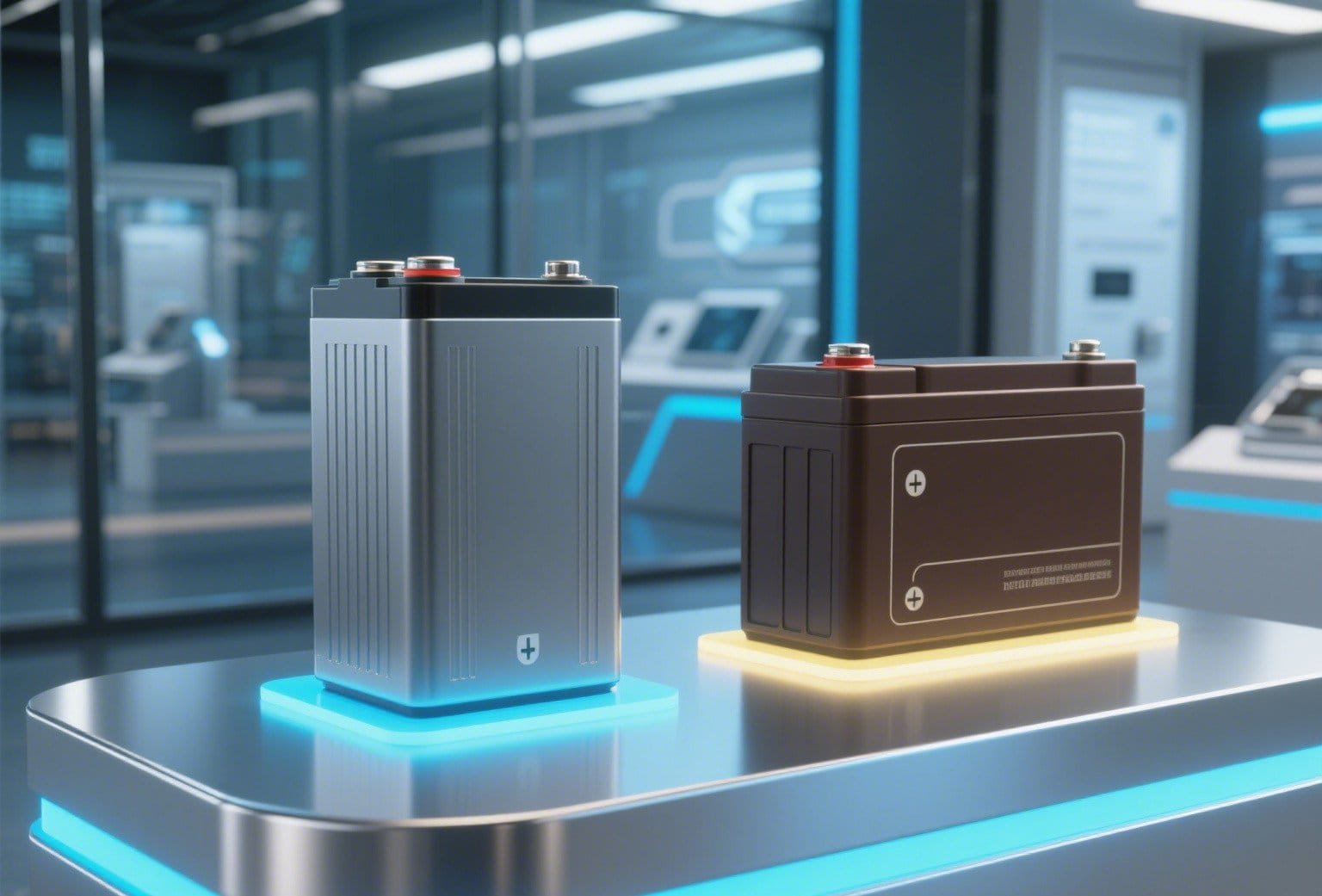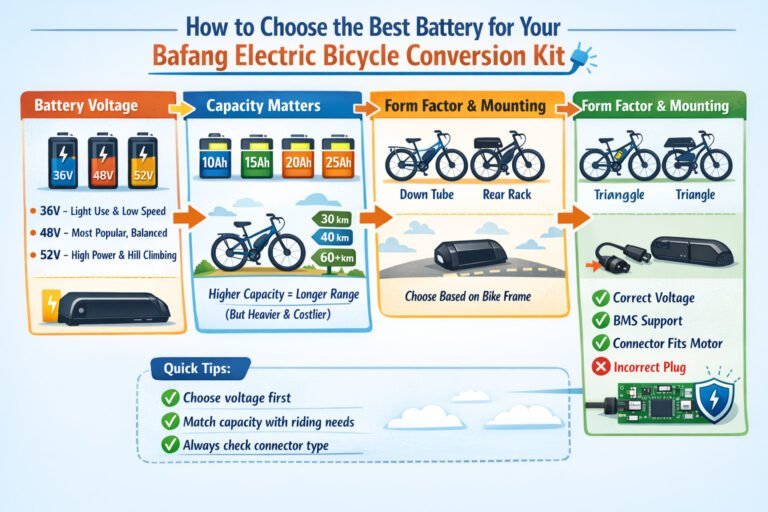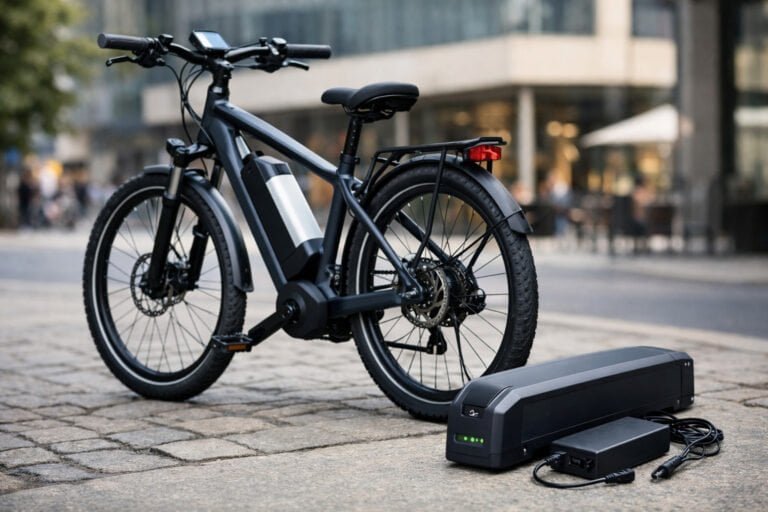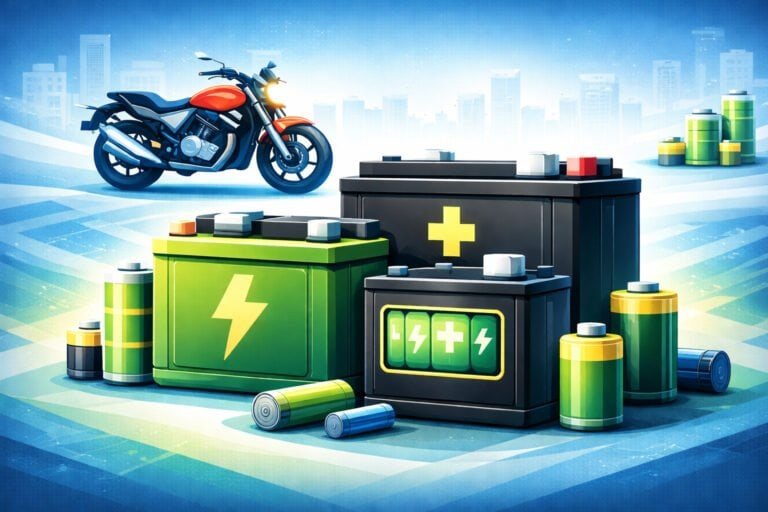With the rapid growth of renewable energy and energy storage technologies, battery selection has become a key concern for consumers and businesses. Currently, LiFePO4 batteries and lead-acid batteries are two mainstream energy storage solutions on the market. But which one holds the real advantage? This article provides a comparative analysis of their lifespan, performance, cost, and environmental impact.
Lifespan & Cycle Life
LiFePO4 Batteries:
Cycle life of 2,000–5,000 charges
Service life of up to 10+ years
Ideal for long-term, high-frequency use
Lead-Acid Batteries:
Typically 300–500 cycles
Service life of around 3–5 years
Requires frequent replacement
→ LiFePO4 is more cost-effective in the long run.

Energy Density & Efficiency
LiFePO4 Batteries:
High energy density
Charge/discharge efficiency ≥95%
Supports fast charging
Ideal for high-power applications
Lead-Acid Batteries:
Low energy density
Efficiency around 80–85%
Slow charging speed
→ LiFePO4 is better suited for high-performance uses like solar storage and EVs.
Safety & Environmental Impact
LiFePO4 Batteries:
Non-toxic materials
Excellent thermal stability
Fire and explosion-resistant
Aligns with green energy trends
Lead-Acid Batteries:
Contains lead and sulfuric acid
Improper disposal causes pollution
Risk of acid leakage
→ LiFePO4 is safer and more eco-friendly, supporting sustainable development.
Cost Comparison
LiFePO4 Batteries:
Higher upfront cost
Lower long-term cost (long lifespan, maintenance-free)
Lead-Acid Batteries:
Low initial price
Higher maintenance costs and frequent replacements
While LiFePO4 outperforms in lifespan, efficiency, and safety, lead-acid batteries still hold a market share due to their low price. Consumers should choose based on their needs, budget, and environmental priorities.
About First Power (Yi zhan Battery)
[First Power (Yi zhan Battery)] is committed to delivering efficient and sustainable energy solutions to support the global green transition. For more details on battery technology, Please contact us!






